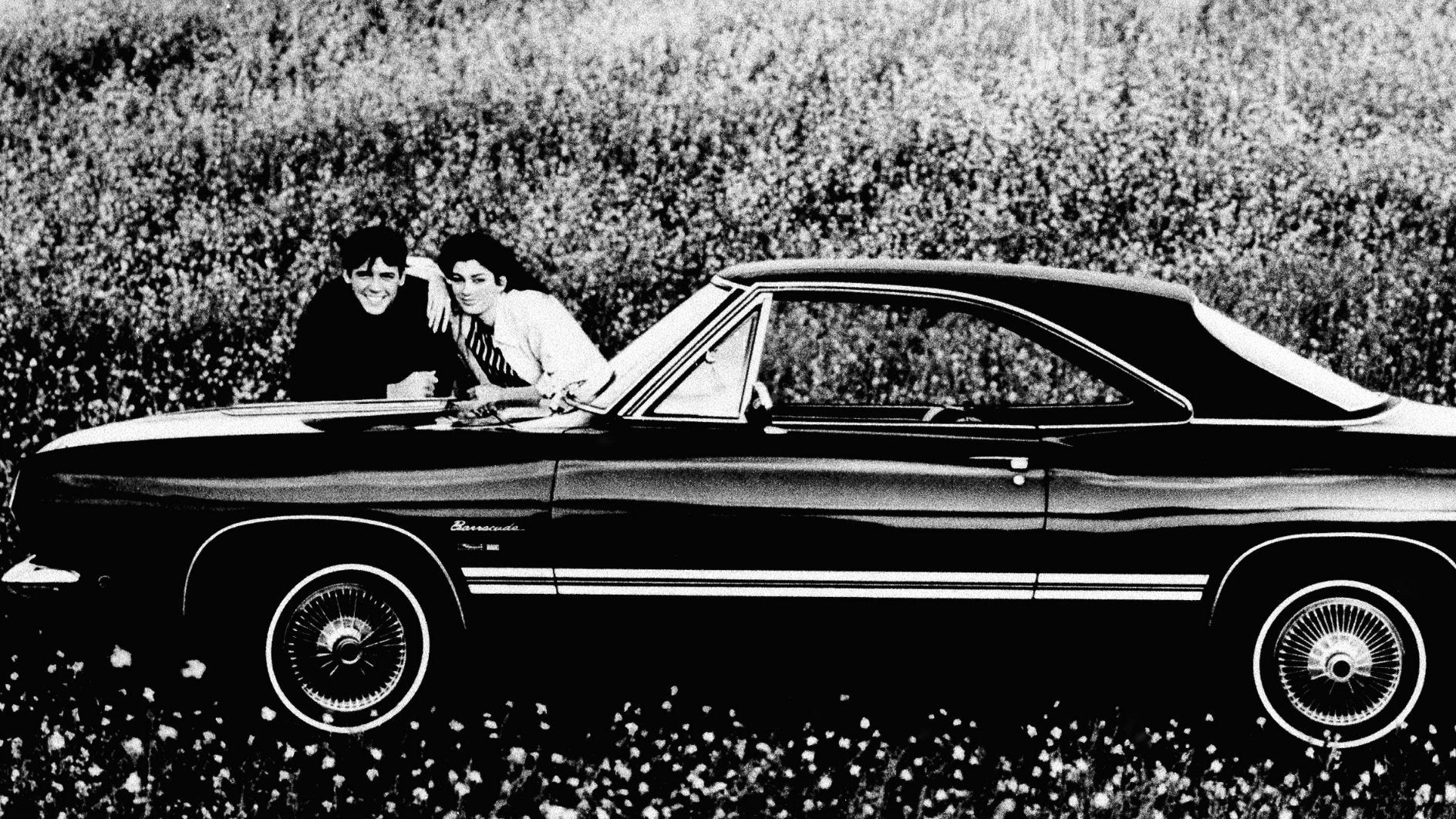Driving? Young Americans say they have better things to do
For a couple of years, researchers have been reporting that young Americans—the daredevil and showy youths who brought sex and sizzle to cars, and cool to the road —lack the same passion for driving as prior generations. They are not obtaining driver’s licenses with the verve of their elders, and now we hear why: by and large, they are simply too busy to be bothered.


For a couple of years, researchers have been reporting that young Americans—the daredevil and showy youths who brought sex and sizzle to cars, and cool to the road —lack the same passion for driving as prior generations. They are not obtaining driver’s licenses with the verve of their elders, and now we hear why: by and large, they are simply too busy to be bothered.
And for carmakers, the suffering seems likely to get worse.
Brandon Schoettle, part of a University of Michigan research team that has helped to capture the trend, previously reported that 2004 was the inflection point when Americans as a whole began to drive less. As part of this development, the number of Americans aged 17-19 with driver’s licenses had shrunk to just six in ten as of 2010, down from eight in ten 30 years ago.
But until now his team and researchers elsewhere had largely their own conjecture and relatively narrow surveys to explain why this was happening. Most guesses centered on the rise of digital devices—driving a car, it was thought, is simply less interesting than hovering over an iPhone.
Instead, when asked the main reason why they had no driver’s license, 56.6% of 18- and 19-year-olds questioned by Schoettle’s team said they were too busy to get one. “The priority of past generations of having a driver’s license has just fallen down the list,” Schoettle told Quartz.
Electronic devices play some role, as 49% of respondents in the new survey said they spend from one to four hours a day online, and another 35% spend from five to 12 hours. But Schoettle said the link is tenuous. One clue is that no one flatly stated electronics as a reason for having no license. Another was that just 6.1% of those aged 18 and 19 said generally that, in terms of staying in touch with friends or doing business, they could take care of that online.
And they definitely don’t seem to be worried about the environment. Just 1% gave that reason.
In terms of the business of cars, Michael Sivak, who is Schoettle’s research partner, says that the main group most fixated on motoring has shifted from the young to baby boomers aged 55 to 64. Carmakers should now target this older group rather than those in their 20s and 30s, he said.
But that seems to be a thin reed. Relying on aging boomers may work for a while, but it’s a risky strategy if your growth market is dying off while your upcoming consumers could not care less.